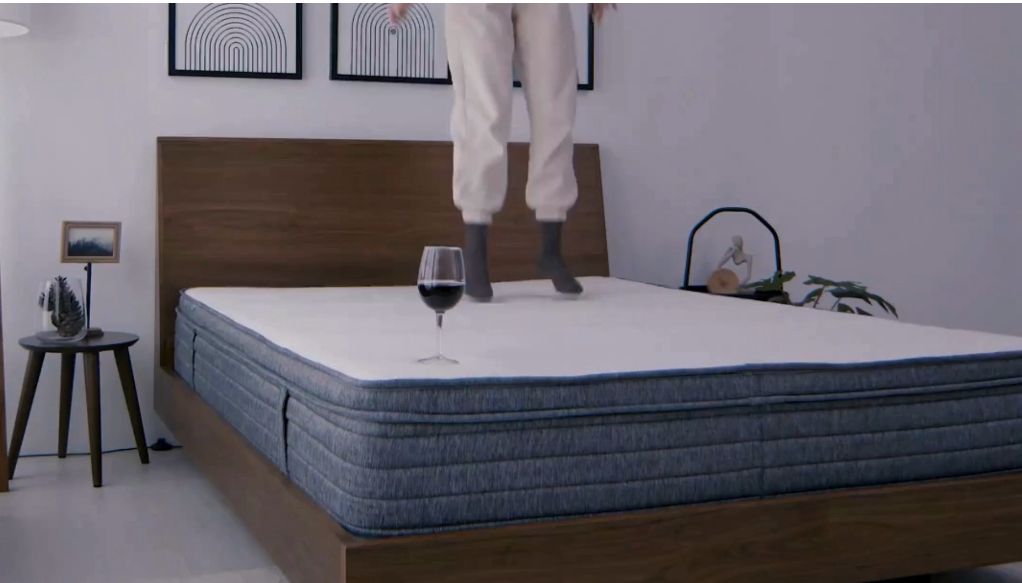We often underestimate the power of sleep—until we find ourselves dragging through the day, irritable, unfocused, and exhausted. As adults, quality sleep is one of the most vital (and yet overlooked) pillars of health. It affects our mood, cognitive performance, immunity, metabolism, and even how we show up for the people we care about.
But good sleep doesn’t just happen.
It’s shaped by intentional habits and a well-designed environment—what experts call sleep hygiene.
What Is Sleep Hygiene?
Sleep hygiene refers to the behaviors, routines, and environmental factors that support healthy, restorative sleep. It’s not about perfection—it’s about creating consistency and cues that help your body and mind wind down, so you can fall asleep easily and stay asleep throughout the night.
Think of it as your personal sleep ecosystem—one that starts long before your head hits the pillow.
5 Key Components of Good Sleep Hygiene:
- A Consistent Sleep Schedule
Going to bed and waking up at the same time every day—even on weekends—helps regulate your internal body clock (circadian rhythm). This rhythm thrives on routine. When it’s disrupted by irregular bedtimes or frequent all-nighters, your body struggles to know when it’s time to sleep or stay alert.
- A Calming Pre-Sleep Routine
What you do in the hour before bed sets the tone for your sleep. Scrolling through your phone or watching TV may feel like downtime, but the blue light from screens suppresses melatonin—the hormone that helps you fall asleep. Opt for relaxing rituals like a warm shower, journaling, light reading, or gentle stretches to signal to your brain that it’s time to rest.
- Limiting Stimulants and Late-Night Meals
Caffeine, alcohol, spicy food, or heavy meals too close to bedtime can interfere with falling and staying asleep. Alcohol may make you feel drowsy at first but can disrupt REM sleep later in the night.
- Creating an Ideal Sleep Environment
Your bedroom should feel like a sanctuary for rest. That means cool, dark, quiet, and distraction-free.
- Temperature: Around 18–22°C is ideal for most people.
- Lighting: Dim the lights an hour before bed, and consider blackout curtains or an eye mask.
- Sound: White noise can block out disturbances.
- Clutter: A tidy space promotes a calm mind.
- The Bed You Sleep On
We can’t talk about the sleep environment without addressing the surface you’re sleeping on. Your mattress plays a crucial role in supporting your body and promoting deep, uninterrupted rest.
My experience with the origin hybrid mattress
When we first received the Origin Hybrid Mattress, I was pleasantly surprised by how easy the unboxing and setup process was. It came neatly packed in a compact box, and within minutes of unwrapping, the mattress expanded to its full size- firm, structured, and ready to sleep on. No off-gassing smell, no complicated instructions- just a seamless setup from box to bed.
The mattress offers just the right balance of softness and support. After two months of using it, I genuinely feel more supported and wake up with less stiffness in my back and joints.
Another standout feature for me was the cooling comfort. Its unique memory foam helps regulate temperature throughout the night. Living in Malaysia, where the nights can be humid, this was a game-changer. The mattress truly lives up to its promise of keeping night time heat at bay.
And if you share your bed, like I do, you’ll appreciate this: the nifty tech that absorbs all movement, so you can snooze on, undisturbed, while your bed buddy does their thing!
Overall, the Origin Hybrid Mattress has been a solid upgrade to our sleep setup. It supports where it matters, keeps us cool, and lets us sleep through the night- undisturbed and well-rested. (Photo credit: from Origin Mattress)

Why Sleep Hygiene Matters
Improving your sleep hygiene isn’t about rigid rules—it’s about empowering yourself to feel better, think clearer, and live healthier. Many adults struggle with sleep due to stress or lifestyle demands. But the good news is, change is possible. One step at a time.
Start by evaluating your current habits:
- Are you scrolling in bed?
- Going to sleep at different hours each night?
- Sleeping on an old mattress that no longer supports you?
Each small shift matters.
Conclusion
You don’t need to wait until you’re burnt out to prioritize rest. Good sleep hygiene is one of the most simple, yet powerful acts of self-care you can practice—and it begins in your bedroom.
So tonight, dim the lights, put your phone away, and sink into a bed that supports not just your body, but your well-being.
Because better nights make for brighter days.

